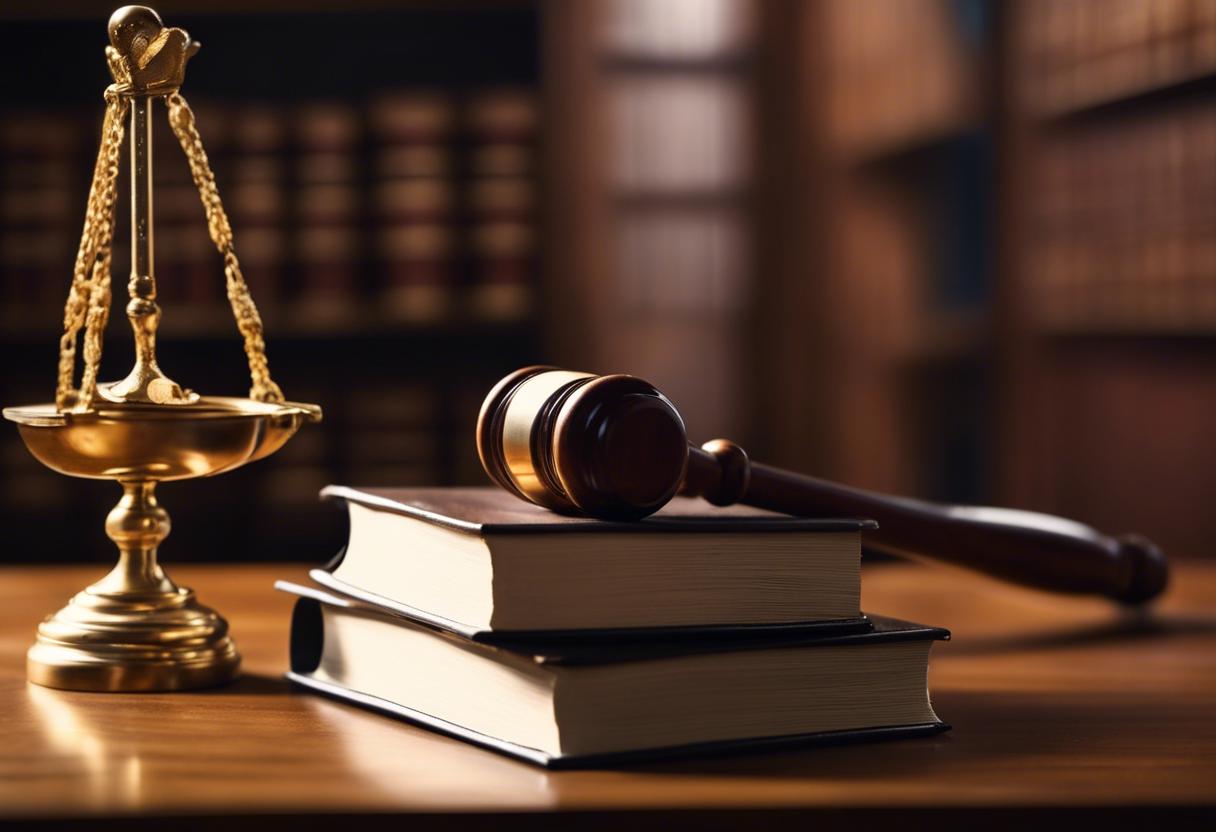The insolvent real estate developer, Seán Dunne, 70, has requested that Judge Liam Kavanagh of the High Court step down from presiding over a legal case. Already, two other High Court magistrates have recused themselves from the case.
Mr. Dunne is aiming to question the legitimacy of two appointed officers who have been charged with supervising his insolvency and the allocation of his assets to those who have lent him money. His wish is for the case to be judged by an individual who has no previous associations with his past dealings.
Two judges, namely Justice Garrett Simons and Justice Nuala Jackson, have already removed themselves from the case. In this legal matter, Mr. Dunne is questioning the legitimacy of appointments for the past official assignee, Chris Lehane, and his replacement, Ian Larkin.
Mr. Dunne expressed a preference for “a judge that is completely unbiased.” However, due to the lengthy proceedings of his insolvency and his involvement in five major commercial disputes, he acknowledges that “many senior members of the Bar have been associated,” with his case, as revealed to Justice Kavanagh.
Mr. Dunne, while communicating with the court via video link, shared that he had written to the High Court president, Justice David Barniville, requesting the appointment of an impartial judge for the case.
He reasoned that Justice Kavanagh’s past role as an associate partner at A&L Goodbody, a law firm that had previously contested against him, indubitably influenced his perspective. Hence, Mr. Dunne suggested that Justice Kavanagh refrain from contributing to the ongoing legal proceedings.
Justice Kavanagh, however, defended the assertion, clarifying he had never vested personal interest in any case associated with Mr. Dunne or offered counsel. Although he was a partner in the firm, he did not believe it constituted a conflict of interest but assured that he would consider Mr. Dunne’s concerns. If he assessed his involvement to be inappropriate, he would seek a replacement judge.
Úna Nesdale, legal representative for Mr Lehane, Mr Larkin, and the bankruptcy practitioners at Clark Hill, confirmed no objections from her clientele about the judge presiding over the case. The self-represented Mr Dunne expressed his interest to question Mr Larkin in the court and might also submit a request to involve the Insolvency Service of Ireland’s director, Michael McNaughton, in the matter.
Nesdale reported that solicitor Blake O’Donnell provided informal assistance, in the capacity of a ‘McKenzie friend’, to Mr Dunne. Newspaper publications suggested that O’Donnell could possibly partake in processes that demand the same remedies as those pursued by Dunne.
A ‘McKenzie friend’ advises or assists someone not professionally trained in law. Blake’s parents, Brian and Mary Patricia O’Donnell – past residents of Gorse Hill, Vico Road, Killiney, Dublin – were declared insolvent in 2013 but were discharged from bankruptcy in 2017. Earlier this month, they commenced legal action against Lehane and Larkin, according to court documents. Despite never having been declared bankrupt or involved in bankruptcy proceedings, Blake O’Donnell is a party to the lawsuit.
Financially ruined in 2013, Mr Dunne still finds himself in a state of bankruptcy due to the vast sums of money he owes to various banks. The High Court made the decision to extend his bankruptcy term due to his reluctance to co-operate with bankruptcy officials and non-disclosure of his asset details. His anticipated exit from bankruptcy is expected to occur no earlier than 2028.

